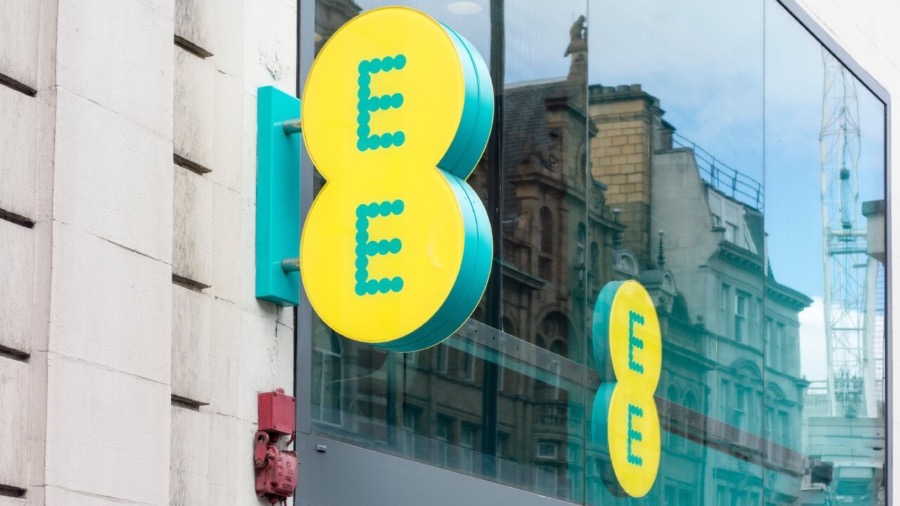
The problems encountered by the UK's Emergency Services Network (ESN) have been well documented, but it seems that certain long-time observers of the troubled system are now daring to think the unthinkable: could it be that the ESN will never in fact become a reality, at least in its present form?
Originally heralded as a modern-day replacement of the old-style TETRA-based Airwave network provided by Motorola Solutions and based on an LTE network from BT-owned mobile operator EE, ESN has been an ongoing source of embarrassment for the UK's Home Office.
The parliamentary Public Accounts Committee (PAC) has been following ESN's progress, or lack of it, for years, and the committee's sense of dismay is clearly growing every time it conducts a review.
Optimistic, or delusional?
On Friday, PAC published its fourth inquiry into ESN and accused the Home Office of complacence "in its confidence that it could reduce the risks to the project, and its optimism appears disconnected from the reality of its performance to date and the challenges ahead."
Meg Hillier, the chair of PAC who has become a hawkeyed critic of the Home Office's handling of ESN, said the project is a classic case of "optimism bias" in government.
"There has never been a realistic plan for ESN and no evidence that it will work as well as the current system. Assertions from the Home Office that it will simply 'crack on' with the project are disconnected from the reality, and emergency services cannot be left to pick up the tab for continued delays. With £2 billion (US$2.62 billion) already spent on ESN and little to show for it, the Home Office must not simply throw good money after bad," Hillier said.
Hillier now wants to see the establishment of a "clear direction" for this "long-delayed project," but noted that ESN raises wider issues on the approach to public procurement.
"The Home Office told our inquiry that it admits the commercial approach taken with ESN is suboptimal, but will be pursuing it regardless. New risks will be created if it now rushes procurement or delivery as it searches for a replacement main contractor. The risks of outsourcing services must be better managed, as the government is still accountable for value for money when it does so," she said.
Keeping calm and carrying on
The UK government started the program to deliver ESN in 2015 and expected to turn off Airwave, which will eventually become obsolete, in 2019. "But the government still does not know when ESN will be ready and, despite having spent some £2 billion, ESN has not delivered anything substantial or reduced any risks," the PAC report said.
Motorola Solutions was a key contractor for the ESN and was due to supply its Kodiak solution as the mission-critical push-to-talk (MCPTT) application to enable essential voice communications over the LTE network. However, Motorola Solutions terminated its ESN contract in December 2022 with a 12-month transition period, meaning that the Home Office is now seeking a new PTT supplier, although it plans to extend its contract with EE.
The delay is also proving costly for the emergency services, which have been forced to seek interim solutions. According to PAC, they have temporarily disbanded their ESN teams and found their own ways to access mobile data.
PAC is now calling on the government to explore how to help fund the transition to ESN, new Airwave devices and maintaining Airwave for emergency services, "as well as producing an outline plan for the main building blocks of ESN by the end of 2023."
Despite all the hurdles, there is also a sense that the UK is stuck with making ESN work, not just because of the investment and progress made to date but also because of the lack of viable alternatives.
As previously commented by Simon Ricketts, a senior technology adviser and chair of the Independent Technical Assurance Panel at the Home Office, although ESN has been beset by delay and is now well over budget, "broadband-based cellular networks is the right technology – 4G, 5G, 6G. There isn't really another game in town."
PAC concludes that even if the Home Office gets the program back on track, "it will take at least 10 years before the savings from ESN justify its cost, and the department has paused its work to decide how ESN will be run as a live service. This means that the long-term risks to value-for-money are still high."
PAC warns that there is also a risk that extending the role of EE may replicate some of the issues with Airwave, "where a lack of competition meant a monopoly supplier could make excessive profits at the taxpayer's expense."